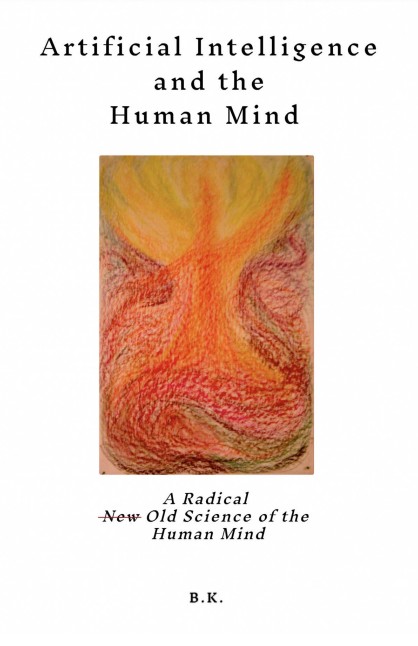

Most ebook files are in PDF format, so you can easily read them using various software such as Foxit Reader or directly on the Google Chrome browser.
Some ebook files are released by publishers in other formats such as .awz, .mobi, .epub, .fb2, etc. You may need to install specific software to read these formats on mobile/PC, such as Calibre.
Please read the tutorial at this link: https://ebookbell.com/faq
We offer FREE conversion to the popular formats you request; however, this may take some time. Therefore, right after payment, please email us, and we will try to provide the service as quickly as possible.
For some exceptional file formats or broken links (if any), please refrain from opening any disputes. Instead, email us first, and we will try to assist within a maximum of 6 hours.
EbookBell Team

0.0
0 reviewsThis work is an urgent call to action for human minds
AI has entered the domain of intelligence, a realm where human beings reigned supreme until recently. This development elicits both enthusiasm and fear. Yet, it also provides an epochal opportunity to focus on the most exquisite phenomena known to us: the human mind. The human reasoning mind possesses what we call ‘common sense,’ a humble term that belies the unfathomable depths of human reason, unattainable to any AI technology.
Human babies are born with innate endowments of consciousness, reflective functioning, and the capacity to relate meaningfully and affectionately to other humans. Building on them, human minds can acquire reason and ‘common sense.’ Cognitive scientists realize the depth of the mystery of such endowments. Modern AI can demonstrate raw intelligence, but to reach the capacity for reasoning, to have ‘general intelligence,’ as babies do, there is another universe to cross.
In a quest for the science of human agency, this book adopts an interdisciplinary approach spanning fields such as AI, philosophy, history, economics, biology, child development, psychodynamic theories, cognitive science, and Perennial Philosophy. It explores what we know, what we believe we know (mistaking our beliefs for scientific knowledge), and what humanity understood at the dawn of Western civilization, when the human reasoning mind first gained prominence as a trustworthy instrument capable of engaging in philosophy and science. Beginning with the pioneering philosophers, we observe our increasing reliance on and trust in human reason. How did it all start? How did we manage to leave behind irrational beliefs and harmful traditions? We understand that philosophy originated as a discipline aimed at developing inner virtue and cultivating an ‘intimate receptivity for wisdom’ through a set of ‘spiritual exercises’ (as termed by Pierre Hadot, a renowned scholar of classical
…